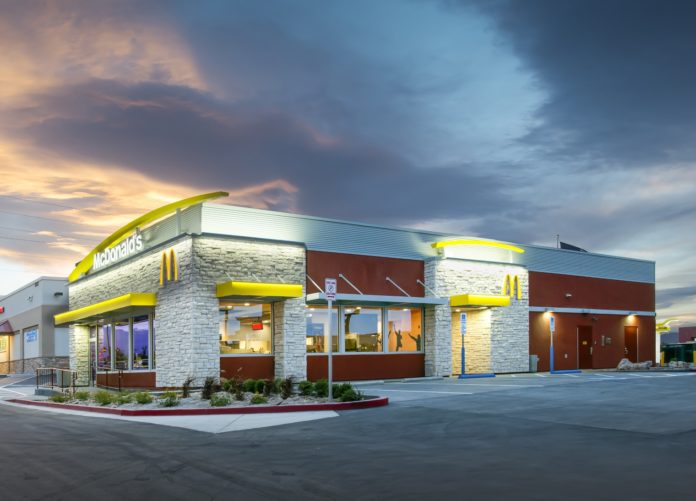Roughly 13 months ago, an ongoing legal battle between the owner of The Weather Channel and one of the world’s largest quick-service restaurant chains moved to its next chapter, as a Miller Barondess attorney representing the Byron Allen-owned media entity signaled he’d appeal the dismissal of a $100 million racial discrimination lawsuit against McDonald’s.
That appeal has been dismissed by a California state appeals court.
In February 2024, Miller Barondess attorney Skip Miller explained that the California legislature enacted a law, Civil Code [Section] 1711, prohibiting companies from making false statements to the public. “This lawsuit seeks to uphold that law,” Miller said. “We’re going to appeal this decision.”
That move continued a dual-pronged legal challenge between the owner of Allen Media Broadcasting, parent of such stations as KITV-4 in Honolulu and KVOA-4 in Tucson, and one of the world’s most ubiquitous QSR brands that commenced in May 2021. Allen’s argument: McDonald’s did not made good on a commitment in 2021 to spend 2% of its advertising budget on Black-Owned Media in 2021, escalating to 5% by 2024.
This saw the filing of a massive $10 billion lawsuit in a California federal district court through Allen-led Entertainment Studios Networks, Inc. In September 2022, a federal judge appeared to give Allen’s case a push as it denied a second Motion to Dismiss filed by McDonald’s in a move designed to kill the case. This case is still ongoing, with filings as recently as March 17 made; that one denied a request from Allen’s legal counsel to seal certain documents.
The matter dismissed on Monday (3/24) involves a May 2023 fraud case filed in the Superior Court of the State of California, County of Los Angeles Central District — an entirely separate quest seeking damages of $100 million. With the February 2024 appeal, it shifted to the Court of Appeal of the State of California, Second Appellate District, Division Two.
Ruling on Weather Group LLC v. McDonald’s USA LLC, Presiding Judge Elwood Lui affirmed the arguments made in a lower court by Hueston Hennigan, the law firm representing McDonald’s, that California’s “anti-SLAPP” statute prevents Allen from taking any legal action against McDonald’s.
The key determination from Lui? McDonald’s pledge “is not an actionable promise,” citing a Merriam-Webster dictionary definition of a plan as a “goal” or “aim.”
“It set a goal to increase future spending with unnamed media companies, production houses and content creators, without stating how the money would be divided among the three groups,” Lui ruled, with the appellate court’s two other judges concurring. “The plain language of the Plan contradicts appellants’ claim that it was a promise to spend $50 million with them specifically.”
Second, Allen’s legal counsel failed to demonstrate that McDonald’s intended to deceive them or induce their reliance. “They made a pitch for business, as they had done regularly since 2013,” Lui concluded. “Nothing shows that McDonald’s solicited their proposal, and the Plan did not specify how candidates would be selected. Appellants could not reasonably presume that they would be ‘the most significant direct beneficiaries of McDonald’s Plan,’ as they argue.”
Then, there is the fact, as Lui sees it, that the lawsuit’s filing in May 2023 was made 1 1/2 years before McDonald’s verbally stated goal of 5% was to have been achieved. Lui’s conclusion? “As the trial court aptly observed, ‘It is unclear how Plaintiffs can make a prima facie showing of Defendant’s nonperformance when its deadline period has not even passed.’” He reiterated that McDonald’s stated plan did not propose allocation increases solely with Allen Media Group, opening up dollars for companies such as American Urban Radio Networks and Superadio, or Urban One, for example.
AMG asserted an ad budget of $50 million was essentially promised from McDonald’s; as of 2022 McDonald’s agreed to spend $2.1 million with AMG.
A spokesperson for Allen Media Group and its companies did not respond to RBR+TVBR‘s request for comment on Tuesday morning.
This case is separate from a $10 billion lawsuit filed in May 2021 by Allen, in response to what was perceived as an unacceptable level of advertising commitment the QSR giant has given to his broadcast and cable properties. The $100 million case was tied to charges of fraud, which the courts ruled had no merit.




